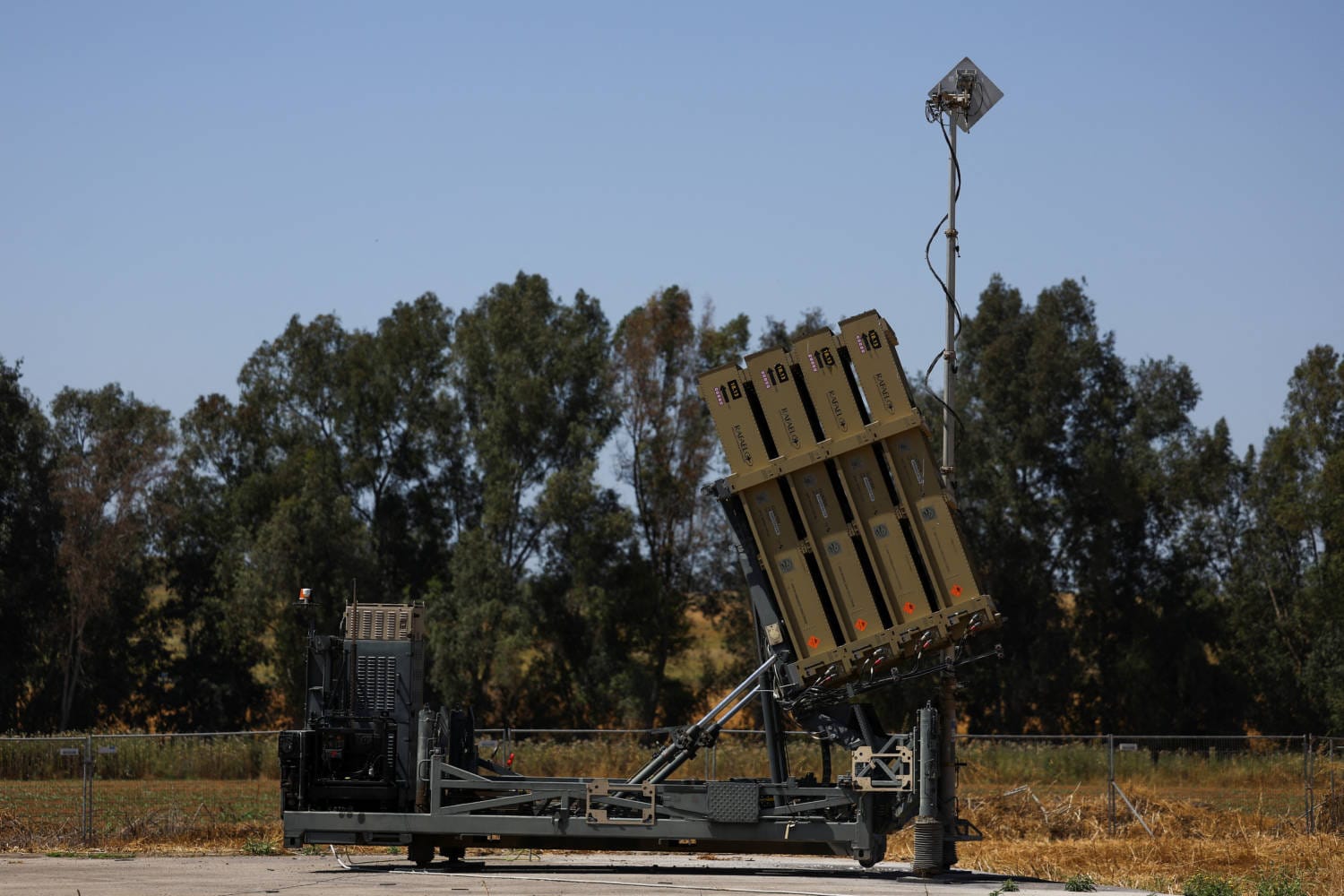Assessing Israel’s Military Edge Over Iran’s Outdated Defenses
In the wake of the recent drone and missile attacks, the spotlight has turned to Iran’s ageing air defenses, which experts believe leave the nation exposed to potential Israeli attacks. Despite facing global pressure, Prime Minister Benjamin Netanyahu could capitalize on Iran’s vulnerability, given its reliance on outdated military technology.
Iran’s air force is comprised of an obsolete fleet, and its air defense systems are largely based on old Russian models. This contrasts starkly with Israel’s cutting-edge capabilities. Zvika Haimovich, a former Israeli air defense chief, acknowledged Iran’s prowess in tactical ballistic missiles and UAVs but pointed out the weaknesses in their air defense infrastructure.
The Iranian defense systems include Russian S-200 and S-300 anti-aircraft missile systems, alongside a range of local equivalents like the Bavar-373 and Khordad. However, these systems have been in place in Syria since 2015, providing Israeli pilots with ample experience in countering them. “Our air force and coalition air forces flew in this environment. They know how to deal effectively with this system,” Haimovich stated.
Despite the challenges posed by Iran’s surface-to-air missiles, Sidharth Kausha from the Royal United Strategic Institute in London suggests that Israel’s real test would be striking military bases deep within Iran. He noted that while Israeli stealth F-35 jets could bypass Iran’s defenses, they carry smaller munitions unsuitable for deeply buried targets. Larger bombs might need to be delivered by more detectable aircraft like the F-16, potentially increasing the risk of losses.
Israel’s multi-layer air defense was put to the test during the weekend’s attacks, utilizing high-altitude Arrow systems, mid-range David’s Sling, and the short-range Iron Dome. These systems have proven effective but come at a significant cost. Analysts estimate that repelling Iran’s $80 million to $100 million attack likely cost Israel and its allies around $1 billion.
As tensions escalate, the U.S. President Joe Biden has called on Congress to support an aid package to replenish Israel’s air defenses. Brigadier-General Doron Gavish emphasized Israel’s efforts to restock its arsenals in anticipation of further confrontations with Iran or its proxies.
Amos Yadlin, a retired Israeli air force general, underscored Israel’s readiness to not only defend but also to launch offensive operations if necessary. “Israel has very significant offensive options. There will not be a situation where Israel just defends itself while Iran strikes,” Yadlin asserted, emphasizing Israel’s strategic advantage despite






